|
The 2022 AP US History Free-Response Questions have been released to the public! Click here to view the questions on the College Board's website. 2022 APUSH SAQ Sample ResponsesClick here to view my sample responses to the 2022 APUSH SAQ items. 2022 APUSH DBQ Sample Response(s)Click here to view my sample response(s) to the 2022 APUSH DBQ. This file will be updated to include several sample responses that would earn different point values. 2022 APUSH LEQ Sample ResponsesThis year's LEQ 2 asked students to assess the relative importance of causes for the settlement of the British colonies. Click here to see a set of sample responses I've put together for LEQ 2. Take a look at my analysis of the 2022 APUSH Free-Response Questions on Marco Learning's YouTube channel:
0 Comments
"Populism may be bad for policy, but it is good for democracy," Babones argues as he casts Trump's election as a step in the right direction - not the wrong direction - for the United States government. In my our recent live chat, Babones pointed to the rise in political participation and the massive turnout in the 2018 midterm election as evidence that Trump's presidency has resulted in an American democracy that is much more vibrant and inclusive than it was before the 2016 election. It is only through this kind of citizen engagement that the United States government can become, as Lincoln envisioned, a government "of the people, by the people, for the people." Donald Trump may not be a president for all Americans, but he is a president for many Americans who have felt overlooked by their government. The recent rise in political participation on both sides of the political spectrum can only lead to a future government that is more responsive to the entire body politic - a far cry from dark visions of a totalitarian future that others have seen on the horizon.
Babones casts populism as a "purgative" that is occasionally necessary in any democratic society - especially when that society's government has become dominated by the expert class. The masses in the United States, as well as Europe, have grown tired of being told by their government that their concerns about trade and immigration are unfounded and do not deserve government action. It is only by listening to the people that Western governments can reclaim the mantle of democracy that is the greatest political achievement of the modern world.
This is not just a book about an election and its consequences. This book has applications to many facets of American life from the perspective of a trained sociologist, including my own field of education. I found Babones' comparison between "independent thinking" and "critical thinking skills" to be especially relevant to my experience as a history teacher. In recent years, we hear less about independent thinking - teaching students to think for themselves - and more about teaching critical thinking skills - teaching students to master specific ways of thinking that have been determined by someone else. This is very apparent in recently redesigned Advanced Placement courses, such as AP United States History, that now have exhaustive course descriptions that focus the attention of students and teachers on highly specified content and "historical thinking skills." Gone are the days when a brilliant history student could post a high score on an AP exam by writing thought-provoking essays that reflect "outside the box" approaches to communicating historical knowledge. Students wishing to do well on AP exams must now master the format of the exam in order to have any serious chance of success.
The "tyranny of experts" that Babones mentions in the subtitle is not only apparent in the overly technical and burdensome curricular requirements of AP courses, but in matters of historical interpretation, as efforts are being made to make the humanities operate by the same rules as the sciences. In a chemistry lab, one should listen to the instructor and expect a lab experiment to come out as planned if done correctly. But history is much more subjective - or at least, it has been in the past. In recent years, there has been an effort to bring the general public into line with the current professional scholarly consensus that the American Civil War was caused by slavery and that other factors (e.g., states' rights, tariffs, political culture, etc.) are too insignificant to warrant substantive discussion. A 2017 article in the Washington Post appears to ridicule the general public for not being in agreement with the judgment of experts on question whose answer depends on a degree of subjective interpretation. In the eyes of the elite, it does not matter what the general public thinks about the causes of the Civil War - leave these things to the experts!
Both our political and education systems are long overdue for a restoration of an open dialogue between people with differing perspectives and a renewed respect for the thoughts of ordinary people. As long as a self-proclaimed expert class continues to feel entitled to dictate to the rest of us how to think, our society will continue to be more authoritarian than democratic, and we will see more populist reactions on the horizon. However, if our society is restored to its democratic principles, we may yet see another day when an open dialogue is restored and independent thought is once again valued in our free society. As an American, I appreciate Babones' faith that such a restoration is not only possible, but that we are on a trajectory toward it.
In order to provide further clarity, I have created a set of sample essays in response to an LEQ prompt comparing the Italian and the Northern Renaissance. Each sample essay includes a detailed explanation of how each point has been earned. Included in the packet are one essay that would receive a maximum score and three essays that would receive middling scores that would put a student on the path to passing an exam. This set of sample responses is completely free, but please consider supporting my annual 8 Month Writing Clinic if you would like to see more sample essays like this. The 8 Month Writing Clinic is a subscription-based course that provides teachers and students with videos, sample essays, and other resources to help prepare for the writing sections of the AP US History, AP European History, and AP World History exams. If you are a teacher who has participated in a recent AP Euro Reading, your feedback is always appreciated if you take issue with how I have awarded any of the points, please don't hesitate to contact me. Teachers with questions are more than welcome to contact me with questions, as well.
The British Empire's Rough StartIn the nineteenth century, the British presided over the largest empire in history. It was often written around that time that “the sun never sets on the British Empire.” But this was not always the case. As with many success stories, the construction of the British Empire began with a series of failures. During the Age of Exploration, the Spanish were the first to emerge as Europe’s preeminent colonial power. The Spanish were the first to create a permanent settlement in the present-day United States with the founding of St. Augustine in Spanish Florida in 1565.
The first settlement founded in Virginia was named Jamestown in honor of Elizabeth’s successor, James I. The colony, founded in 1607, was the first permanent English settlement in the Americas. This makes 1607 an important turning point in the history of Colonial America, as the English, who would become the dominant colonial power in North America, had finally established a permanent colonial presence.
While Smith’s leadership is credited with saving the colony in its infancy, he soon returned to England. During the winter of 1609-1610, nobody ate regardless of whether they worked or not. Only 60 of over 200 colonists survived the colony’s “starving time.” Unable to keep people alive – much less turn a profit – Jamestown was not on its way to becoming any more successful than the previous venture at Roanoke. Enter John Rolfe. Although Rolfe is more famous in pop culture for marrying Pocahontas, his agricultural innovations were much more important to the future of the colony. Previously, tobacco had been known to the English, but it had not become popular because they didn’t like how it tasted. Rolfe cultivated a sweeter strain of tobacco that became popular in England, striking “brown gold” that turned Virginia into a profitable colony with an economy driven by the cultivation of tobacco as a cash crop. Sir Walter Raleigh, while imprisoned in the Tower of London, wrote of tobacco, “It was my companion at that most miserable time.” Tobacco and the Cash Crop Labor Economy
The Virginians and the Powhatan Indians
347 English settlers were killed in this attack, including several people who were in the home of an ancestor of this writer (if he had been home, you would not be reading these lecture notes). Some colonists were luckier than others, able to find safety within the walls of palisaded plantations. The Virginia Colony survived, but the crown was not pleased with the Virginia Company’s management. In 1624, the crown revoked the Virginia Company’s charter and Virginia became a royal colony – a status that it would maintain until declaring its independence from Britain in 1776.
I’m disappointed. Donald Trump, after saying that he’d love to debate Bernie and that it would be easy to debate Bernie… has backed out of debating Bernie. This is even after one company has pledged to give $20 million to women’s health charities in order to host the debate. This could have been the biggest debate in history… and Trump turned it down. It could have been a great opportunity for the two most popular candidates in this election cycle to establish some common ground… but we’ll never know. Photo by Gage Skidmore WHY did #ChickenTrump turn down this opportunity? Clearly, there was a decision-making process that led to Trump’s reversal on the idea, so it’s our task to figure out why he’s decided to back out of the debate. First off, Trump doesn’t need this debate. He is already the presumptive Republican nominee. There is nothing that he is guaranteed to gain from this, as he is already getting constant publicity. On the other hand, Bernie has nothing to lose. BEWARE of a person who has nothing to lose. This would be the fight of Bernie’s life and he would come in swinging. This brings back memories of Chris Christie torpedoing Marco Rubio’s campaign. If Bernie went into this with the mindset that he could be the man who stumps the Trump, so to speak, it could go very badly for Trump. Trump, on the other hand, has to look to November and the last thing he wants to do right now is destroy Bernie.
Trump has more to lose than to gain. On one hand, the two could establish some common ground and eliminate Hillary Rodham Clinton from the discourse shortly before the nation’s last and largest primary. Trump could even use this as an opportunity to differentiate himself from the most radical element of the Democratic Party. The majority of Americans don’t want their taxes raised to pay for free college and socialized medicine and Trump could speak for that majority. On the other hand, in a political climate where winning debates is all about who gets in the best one liners, Bernie could end up scoring a victory that could haunt Trump in the general election campaign – even if Bernie is not his opponent. If Trump were to be cast as the loser of the debate, it would be an unnecessary defeat. This testifies to Trump’s innate sense of caution that has not been evident during this campaign. In the first chapter of The Art of the Deal, Trump relates a story of a Texas oil man who wanted him to invest in an oil field. It was pitched to Trump as a no lose proposition. It sounded great. But then,
Anyone who wants to understand Trump and his decision-making process should start with The Art of the Deal. His approach to risky situations is the same as it was thirty years ago. He has never been shy about backing out of a deal at the last minute, even if he’s already made a commitment to it. While we could come up with all kinds of reasons that Trump should do this debate, Trump has a tendency to go with his gut. His instincts have gotten him this far, so maybe he should keep trusting them.
Trump would have to be an impulsive media whore in order to walk into this sort of ambush… But wait! Isn’t he an impulsive media whore? Maybe not. Maybe he’s being… presidential. Maybe he’s not the loose cannon that everyone thinks he is, which is something that I’ve been saying for a long time. Trump says what he feels that he has to say to get media attention, but he also realizes that there can be such thing as too much media attention, as was made evident in his disastrous interview with Chris Matthews in March. When Trump’s endgame is considered, his decision makes perfect sense. Trump wants Bernie to win the California primary, which will place a dark cloud over the legitimacy of Hillary’s nomination, which may be part of the reason that he helped to create this debate buzz in the first place. BUT Trump doesn’t need Bernie to get so much positive media attention that he ends up getting the Democratic nomination. Right now, Trump is set to go into the general election against an embattled candidate who has absolutely no charisma, is not trusted by the majority of the public, and has an indictment hanging over her head like a Damocles Sword. When you add in Hillary winning the Democratic nomination by the skin of her teeth in a seemingly fraudulent process that’s created a lot of bad blood, this is a dream scenario for Trump. The media buzz that has resulted from the proposed debate may end up being enough to give Bernie the edge he needs to win California – and that’s all Trump wants. Sharing a debate stage with Trump would give Bernie an unprecedented air of gravitas and would allow Bernie to speak for the Democratic Party and cast him in the role of the presumptive nominee. While it should be easy for Trump to beat a self-avowed democratic socialist in a general election, Bernie has a very excited base behind them and he shares Trump’s commitment to keeping jobs in this country. It would be a bad idea to underestimate Bernie. And Trump knows that it would be a bad idea to underestimate Bernie. He doesn’t need this debate against a man who has nothing to lose and that is why he didn’t do it. And as disappointed as Trump’s decision makes me, I have to say that he made the right decision. This is cold, calculating realpolitik at its best. Trump has backed away from a battle with the war in mind – a war that looks increasingly winnable if he can avoid making impulsive decisions like this decision very well could have been. |
Tom RicheyI teach history and government Archives
May 2023
Categories
All
|


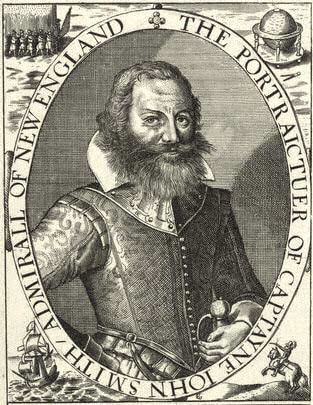
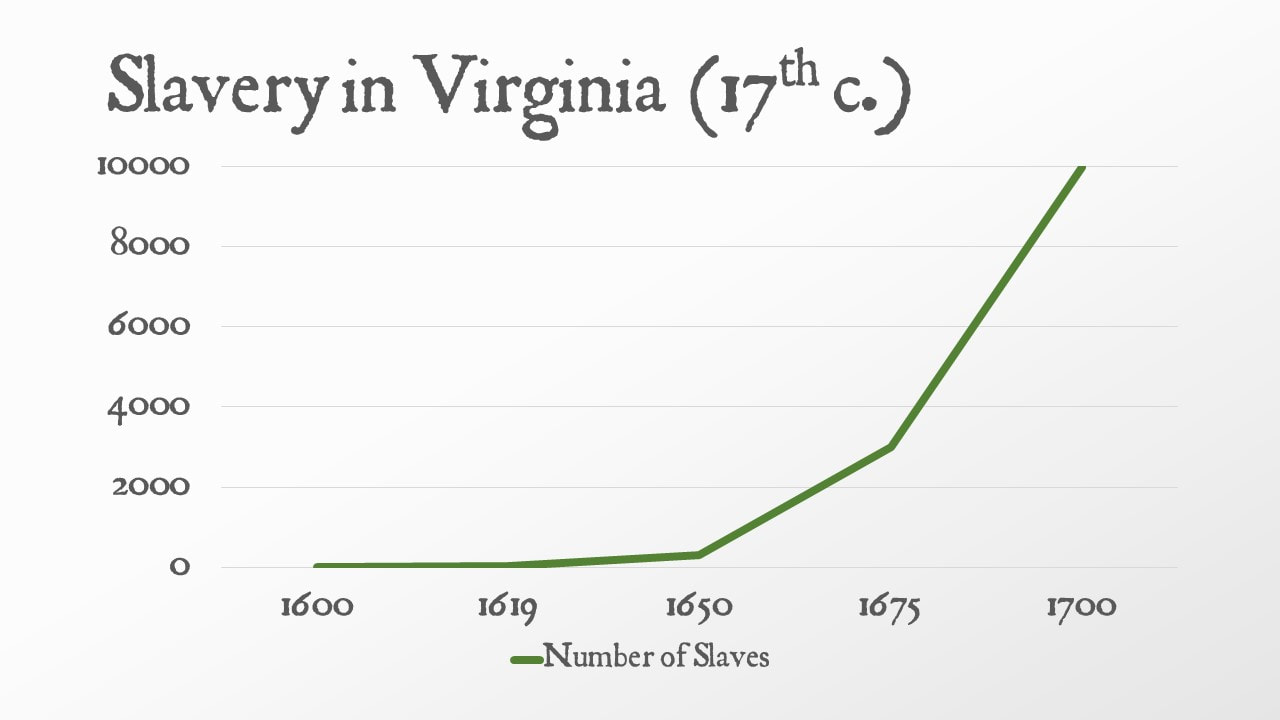
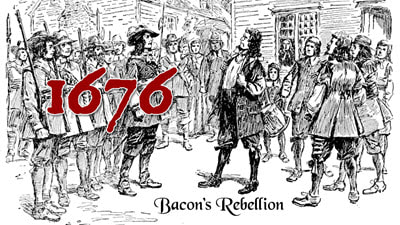
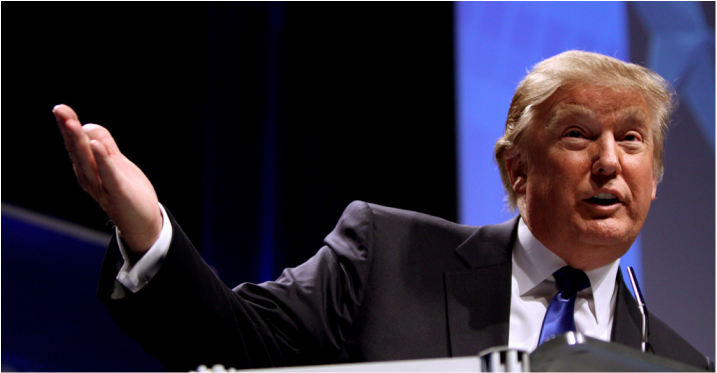
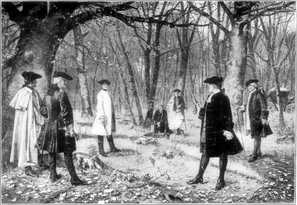


 RSS Feed
RSS Feed